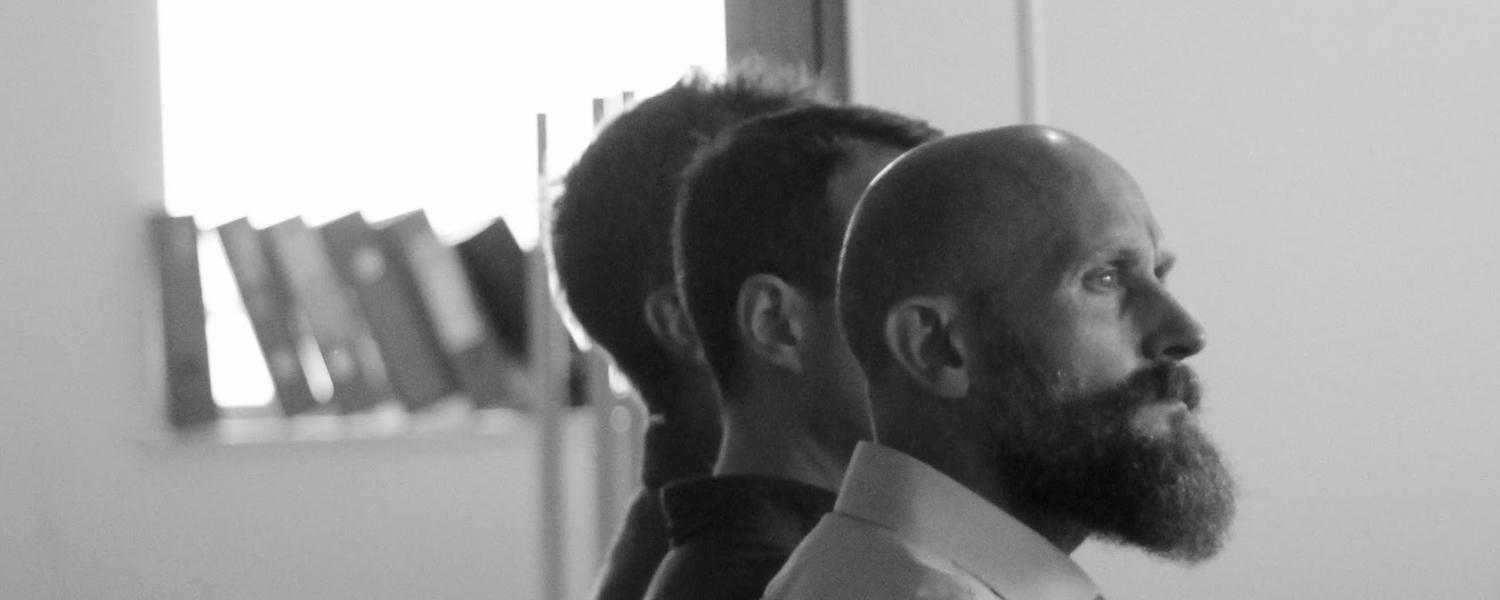
Guiding Principles
We know that consistent, excellent teaching is the highest leverage tool we have to maximise the progress of our students. At Reach we devote time to instructional coaching of all staff to ensure that everyone is supported and challenged to continuously improve the outcomes of all pupils. We know that instructional coaching and deliberate practice supports teachers in making effective and persistent change and this, therefore, forms the basis of our CPD provision for teachers.
Our professional development provision consists of:
- Weekly drop-in(s) and instructional coaching for each teacher focussed on our Guiding Teaching Principles for Excellent Pupil Learning (known as Guiding Principles).
- Weekly CPD for staff on Initial Teacher Training (ITT) programmes and Early Career Teachers (ECT) focussed on meeting the Teachers’ Standards1 and Early Careers Framework2.
- Weekly CPD for all staff focussed on our Guiding Principles.
- (P3-5) Fortnightly department CPD to focus on the nuances of the Guiding Principles in your subject.
1Department for Education, Teacher Standards, 1/7/2011 https://www.gov.uk/government/publications/teachers-standards [accessed 25/08/2020]
2 Department for Education, Early career framework, 28/01/2019 https://www.gov.uk/government/publications/early-career-framework [accessed 25/08/2020]
Forming Habits
There are two great evidence reviews ‘what makes great teaching’ and the follow up ‘great teaching toolkit’ that was released in 2020, these, along with other research has formed the basis of the Reach habits. They are great for explaining the ‘what’ which helps leaders to make decisions about what to prioritise but it doesn’t really tell us ‘how’. Our handbook takes this research and turns it into broad habits - these describe the how and the why but they are too broad to train in one session. So we narrow the focus to an action step and this is the sole focus of our 30-40 minute session. Even these action steps aren’t really sufficient without a clear mental model. We break down our action steps to form success criteria so that as a school we are on the same page about what this means and so we can explicitly teach it. To do that we share the SC, we model it explicitly and then we practice (again, and again and again).
Habitual behaviour occurs without thought. We want teachers to develop positive habits so they act automatically, allowing them to have more space in their working memory to think about pupil learning. This is useful, for example, when you have learnt to drive, you can change gear without having to think about how to move the gear stick, which means you have more space in your working memory to assess hazards potentially preventing a crash. In the classroom, if your behaviour management strategies are habitual you have more space to think about the learning of each pupil which will inevitably lead to pupils making more progress.
As habitual behaviour occurs without thought, changing habits is difficult. The first intervention for forming a new habit is frequent repetition, research suggests that anywhere between 18 and 200 days of repetition are required to successfully build a new habit, and that the amount of repetition required is dependent on both the habit and the person. Whilst this doesn't give us an exact time frame for the introduction of a new habit it does indicate that the more repetitions, the more automatic a behaviour becomes. At Reach we use deliberate practice in morning meetings, in CPD sessions, in department meetings and in coaching. Our professional development systems are designed to isolate and practise specific habits in order to build fluency. Our professional development is specific and intentional, designed to support classroom implementation rather than increase exposure to a variety of strategies simultaneously. Although it may feel strange an artificial environment is better for habit formation than the classroom as teachers can actively develop context cues and repeatedly rehearse a behaviour leading to a more ingrained habitual response.
Summary
- Habits are behaviours that are automatic, they do not require the thought of the person completing them.
- Introducing new habits is hard - research suggests that humans are about 10% effective at introducing new habits.
- We support teachers to develop new habits using explicit modelling and deliberate practice
Further Reading
Coe, R., Rauch, C.J., Kime, S. and Singleton, D., 2020. Great teaching toolkit: evidence review.
Wood, W., Quinn, J., and Kashy, D. (2002). Habits in Everyday Life: Thought, Emotion, and Action. Journal of Personality and Social Psychology 83(6), pp.1281–1297.
Deutschman, A. (2005). Change or Die. Fast Company. [blog] https://www.fastcompany.com/52717/change-or-die
http://www.richardwiseman.com/quirkology/new/USA/Experiment_resolution.shtml
https://improvingteaching.co.uk/2019/01/13/forming-good-habits-breaking-bad-habits-what-works/